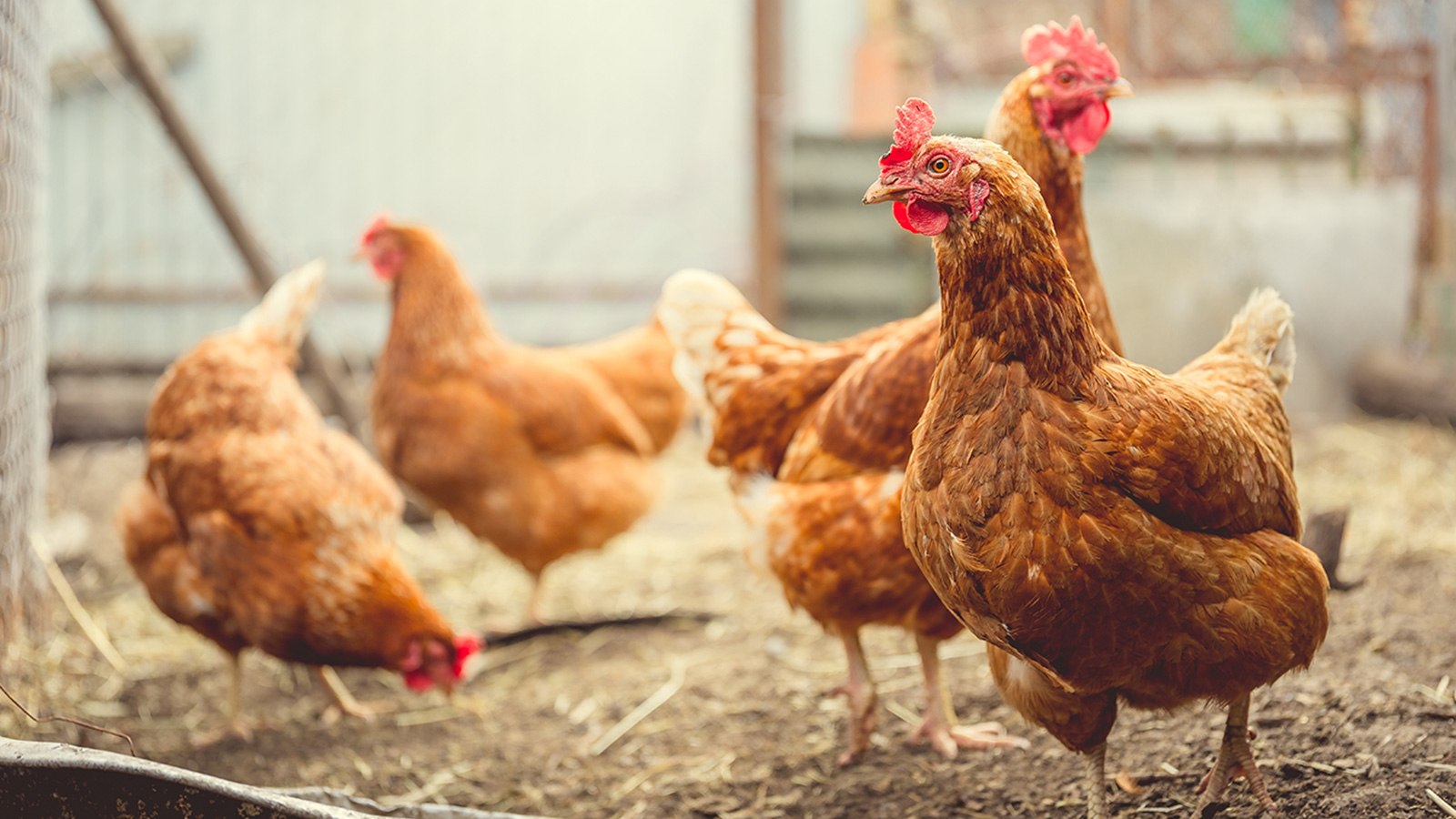“Unshelled” – A Next-Generation Animal Welfare Model Facility for Laying Hens: A Business–Academia Collaboration for Experiential Animal Welfare Education

- Joint Research
- Research institutions
- #Animal Welfare
- #Circular Economy
- #Sustainable Procurement
09/27/2024
"Unshelled," next-generation model of housing systems for laying hens for animal welfare, is being developed by Professor Tsuyoshi Shimmura from Tokyo University of Agriculture and Technology, set to complete within 2024. Developed in the Netherlands with consideration for animal welfare, it offers visitors the chance to interact with hens, tour the egg-laying system, and collect eggs from nesting boxes.
Lively handles the development and operation of corporate education program of "Unshelled" and, together with Professor Shimmura, creates a hands-on workshop that blends animal welfare and business practices in a hens housing room, encouraging participant learning (more details about programs for companies will be announced as soon as we are ready).
目次
What are Challenges and Current Situation of Animal Welfare in Japan?
In Europe, animal welfare legislation and regulations have been actively promoted since the 1970s, leading to widespread awareness due to growing concerns among citizens and NGOs about food safety and environmental issues. Meanwhile, in Southeast Asia, including Japan, legislation and awareness are gradually increasing, although there is a lag compared to Europe. For Japanese companies, engaging in sustainable management with conscious of animal welfare is an important not only from an environmental and ethical perspective, but also from a business perspective.
Experiential Educational program Utilizing “Next-Generation Model Facility for Laying Hens for Animal Welfare”
In response to the current situation of animal welfare in Japanese companies, “Unshelled” – a next-generation livestock model hens house – is being developed as a new and unique educational program for them. Away from the hustle and bustle of the urban life, surrounded by the greenery of the Tokyo University of Agriculture and Technology on Fuchu Campus, “Unshelled” offers hens house touring and egg harvesting. It also provides learning about sustainable, resource-recycling livestock farming with the next-generation biomass and sustainable livestock farming and environmental issues through discussions with other participants. Led by Professor Shimmura, an animal welfare expert, and supported by Lively, specializing in sustainability consulting, the educational program combines various elements like human rights, biodiversity, and animal welfare for a transformative experience.
Achieving Animal Welfare and Creating a Positive Impact on the Future
The program offers participating companies valuable insights into the scientific knowledge of animal welfare and the importance of sustainable food supply chains to overcome issues related to animal welfare, and get opportunities to identify specific improvements. Through interactions with instructors, participating companies can learn risks and opportunities of animal welfare and explore roles of them and animal welfare in food supply chains by collaborating with diverse stakeholders. Lively aims to create wide-ranging positive impacts by enhancing participants’ knowledge and motivation, promoting corporate innovation, and increasing brand value, thereby strengthening sustainable business models.
References
Shimmura Group (Research Group of Systems Ethology) Department of Agriculture, Tokyo University of Agriculture and Technology (Official Website)
One Welfare
Message from the Project Member
In designing "Unshelled," we focused on offering hands-on learning and interaction experiences to inspire new perspectives and ideas. We aim for companies to recognize the importance of animal welfare and sustainable livestock, driving positive changes for business, the environment, and society. Lively supports companies in achieving comprehensive, sustainable management by considering animal welfare from environmental, productivity, and social perspectives, including corporate advantages, consumer interests, and ethical considerations. For inquiries, please contact us.
